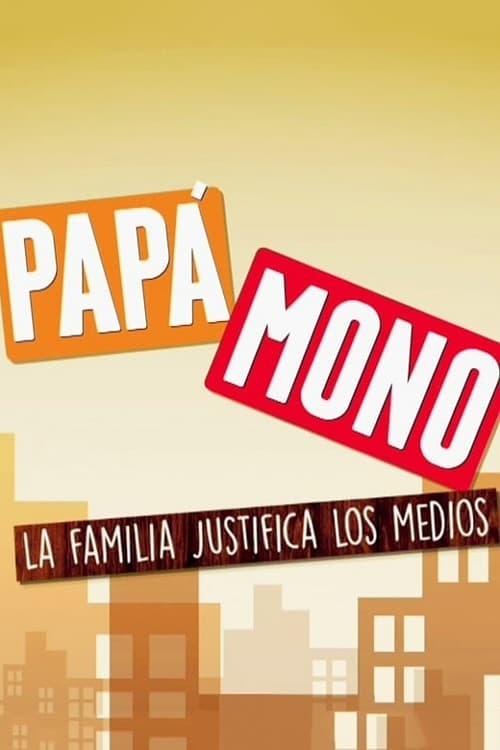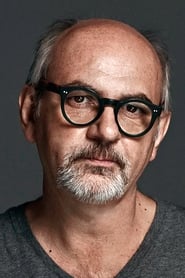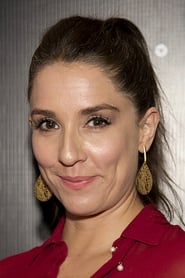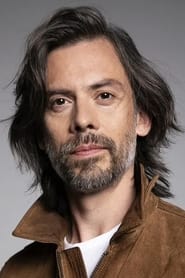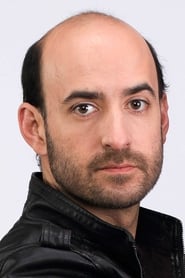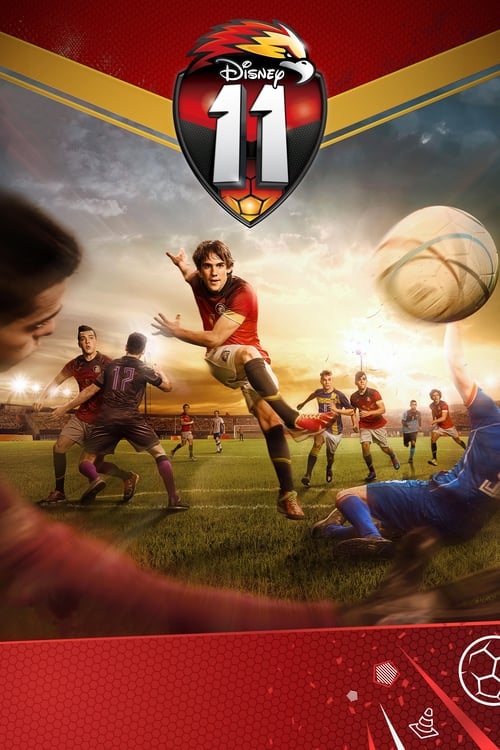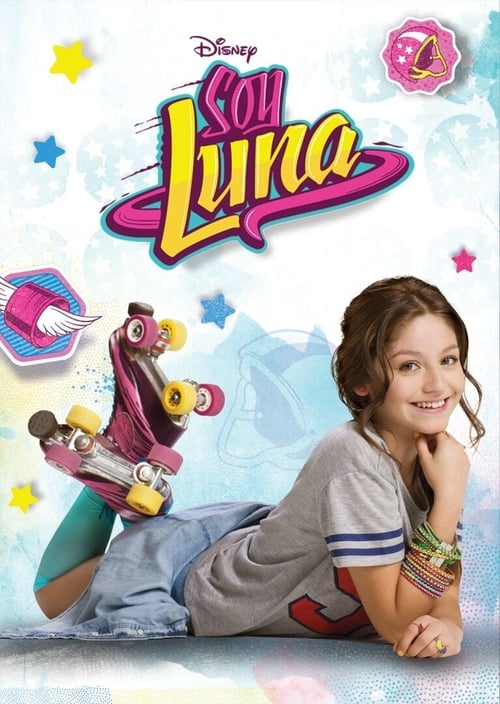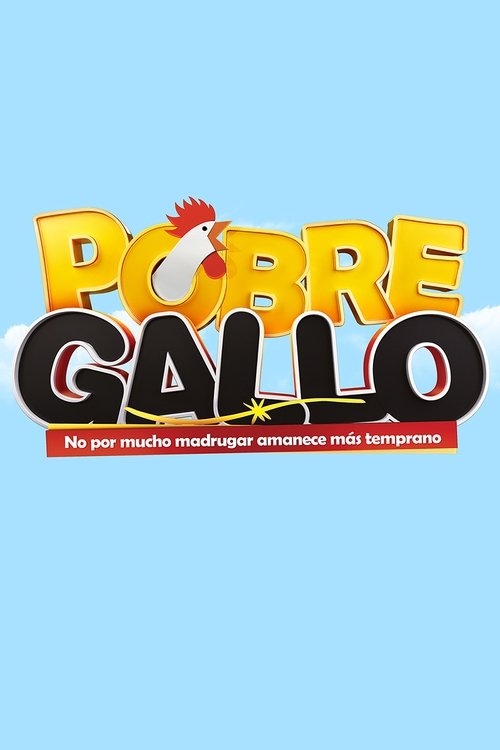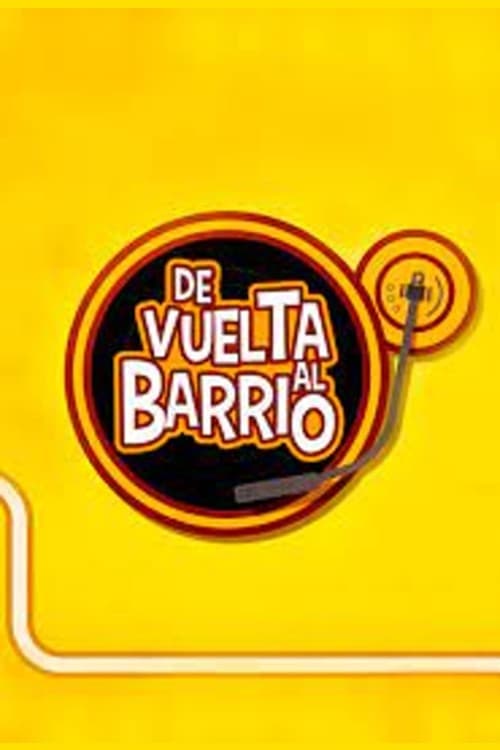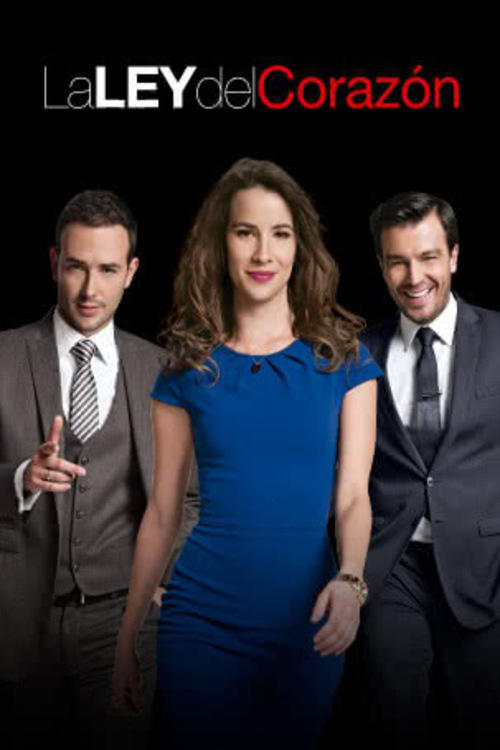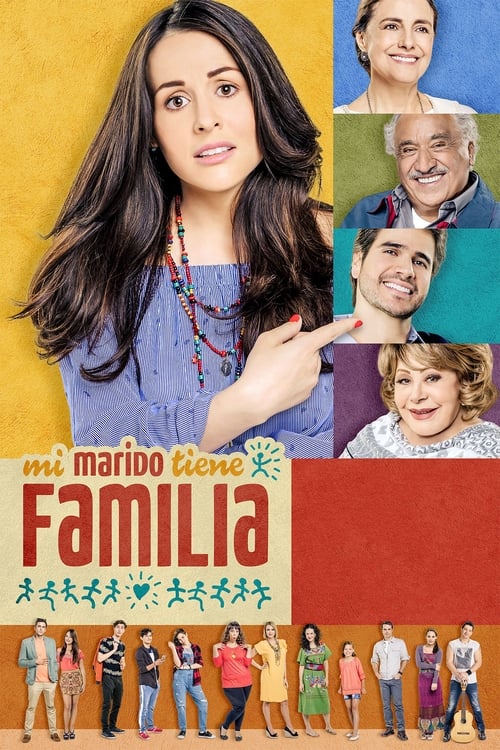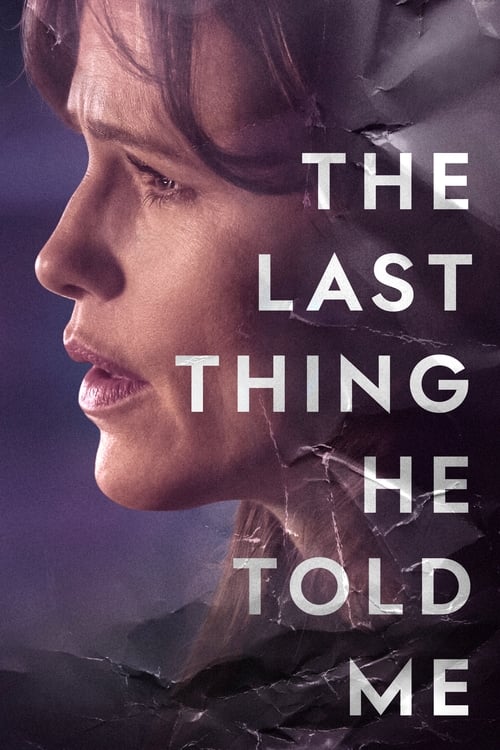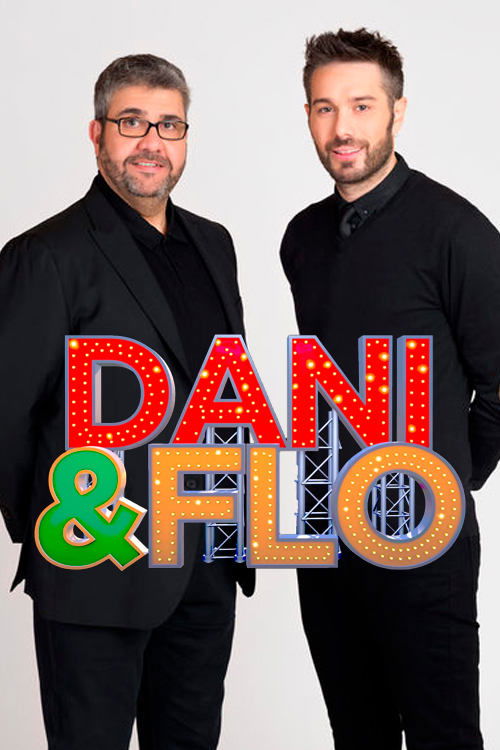
Ask Your Own Question
What is the plot?
"Papá Mono" begins with a vibrant scene in a small, picturesque town where the protagonist, a single father named Miguel, is seen juggling his responsibilities as a parent and his job. He is deeply devoted to his young daughter, Valentina, who is the center of his world. The opening sequence establishes their close bond, showcasing their daily routines filled with laughter and love.
As the story progresses, Miguel faces financial difficulties that threaten his ability to provide for Valentina. He works multiple jobs, often leaving him exhausted and stressed. One evening, after a long day, he returns home to find Valentina has been waiting for him, excited to share her day. This moment highlights Miguel's internal struggle between his love for his daughter and the pressures of his circumstances.
The plot thickens when Miguel receives an unexpected visit from a social worker, who informs him that Valentina's well-being is under scrutiny due to his financial instability. This news sends Miguel into a panic, as he fears losing custody of his daughter. He becomes determined to prove that he can provide a stable environment for Valentina, leading him to make increasingly desperate decisions.
In a pivotal scene, Miguel learns about a local underground fighting ring that offers substantial cash prizes. Despite his reservations, he decides to enter the ring, believing it to be his only chance to secure a better future for Valentina. The first fight is brutal; Miguel faces a larger, more experienced opponent. The tension builds as he struggles to keep up, but his love for Valentina fuels his determination. He manages to win the fight, earning enough money to pay some bills and buy Valentina a special gift.
As Miguel continues to fight, he becomes more entrenched in the underground scene. He meets other fighters, including a seasoned veteran named Carlos, who becomes both a mentor and a friend. Carlos warns Miguel about the dangers of the lifestyle, but Miguel is blinded by his need to provide for Valentina. The emotional toll of the fights begins to weigh heavily on him, causing strain in his relationship with Valentina, who notices her father's increasing absences and emotional distance.
In a dramatic turn of events, Miguel's success in the ring attracts the attention of a local crime boss, who offers him a lucrative deal to fight in more dangerous matches. Miguel initially refuses, but the mounting pressure to keep Valentina safe and secure pushes him to accept the offer. This decision marks a turning point in the story, as Miguel becomes more deeply involved in the criminal underworld.
As the stakes rise, Miguel's fights become increasingly brutal, and he begins to lose sight of his original intentions. He suffers injuries that leave him physically and emotionally scarred. Valentina, feeling neglected and worried, confronts Miguel about his absences. This confrontation is heart-wrenching, as Miguel realizes the impact his choices are having on his daughter. He vows to change and prioritize their relationship.
In a climactic scene, Miguel faces off against a formidable opponent in a high-stakes match that could secure his financial future. The fight is intense, filled with dramatic moments where Miguel is pushed to his limits. He draws strength from thoughts of Valentina, ultimately emerging victorious. However, the victory is bittersweet, as he is left with severe injuries and a growing sense of guilt for the path he has chosen.
After the fight, Miguel is approached by the crime boss, who demands more from him in return for his success. Miguel, now fully aware of the dangers and moral implications of his choices, decides to walk away from the underground fighting scene. This decision leads to a confrontation with the crime boss, who threatens Miguel and his family. In a tense showdown, Miguel stands his ground, fueled by his love for Valentina and his desire to protect her.
The story culminates in a heartfelt reunion between Miguel and Valentina, where he apologizes for his choices and promises to be a better father. They share a tender moment, reaffirming their bond. The final scenes depict Miguel taking steps to rebuild their lives, focusing on honest work and reconnecting with Valentina, leaving behind the violence and chaos of the fighting world. The series ends on a hopeful note, emphasizing the strength of their relationship and Miguel's commitment to being the father Valentina deserves.
What is the ending?
In the ending of "Papá Mono," the main character, Mono, faces the consequences of his choices as he attempts to reconcile his past and present. The story culminates in a confrontation that leads to a resolution of his internal struggles, ultimately allowing him to find a sense of peace and acceptance.
As the final scenes unfold, Mono stands at a crossroads, grappling with the weight of his decisions. He reflects on his relationships, particularly with his estranged family, and the impact of his actions on those he loves. The emotional tension builds as he confronts the ghosts of his past, leading to a poignant moment of clarity. In the end, Mono chooses to embrace his responsibilities, signaling a shift in his character from a life of avoidance to one of accountability.
The final act of "Papá Mono" begins with a tense atmosphere as Mono, the protagonist, finds himself alone in a dimly lit room, surrounded by remnants of his past. The walls are adorned with photographs that capture fleeting moments of joy and sorrow, each image a reminder of the relationships he has neglected. Mono's expression is a mix of regret and determination as he prepares to face the consequences of his choices.
Scene by scene, the narrative unfolds. Mono receives a phone call from his estranged daughter, who expresses her hurt and disappointment over his absence in her life. The raw emotion in her voice pierces through Mono, igniting a flicker of hope and fear within him. He knows he must confront the reality of his failures as a father. The camera captures the tension in his clenched fists and the way he bites his lip, a physical manifestation of his internal struggle.
In the next scene, Mono visits his daughter's home, the air thick with unspoken words. As he stands at the door, he hesitates, his heart racing. The door creaks open, revealing his daughter, who looks both hopeful and guarded. Their initial exchange is fraught with tension, each word heavy with the weight of years lost. Mono's voice trembles as he apologizes, his eyes welling with tears. The emotional stakes are high, and the audience can feel the palpable longing for connection.
As they sit together, the conversation shifts from anger to vulnerability. Mono shares stories from his past, revealing the struggles that led him to distance himself from his family. His daughter listens intently, her expression softening as she begins to understand the complexities of her father's choices. The scene is interspersed with flashbacks of happier times, juxtaposing the present pain with past joy, highlighting the depth of their bond.
The climax of the story occurs when Mono's daughter confronts him about the future. She asks if he is truly ready to be a part of her life again. Mono's response is filled with sincerity; he acknowledges his mistakes and expresses a genuine desire to change. The camera zooms in on his face, capturing the raw emotion as he vows to be there for her moving forward. This moment signifies a turning point for Mono, as he embraces the responsibility he had previously shunned.
In the final scene, Mono stands outside, looking up at the sky as the sun begins to set, casting a warm glow over the landscape. He takes a deep breath, feeling a sense of relief wash over him. The weight of his past is still present, but he now carries it with a renewed sense of purpose. The camera pans out, showing him walking towards his daughter, who waits for him with a tentative smile. This visual encapsulates the theme of redemption and the possibility of healing, suggesting that while the journey may be difficult, it is never too late to reconnect and rebuild.
As the credits roll, the audience is left with a sense of hope for Mono and his daughter, both of whom are on the path to reconciliation. The fate of Mono is one of transformation; he has chosen to confront his past and embrace his role as a father, while his daughter stands ready to welcome him back into her life, symbolizing the power of forgiveness and the strength of familial bonds.
Is there a post-credit scene?
In the TV show "Papá Mono," produced in 2017, there is indeed a post-credit scene that adds a humorous twist to the series' conclusion.
As the credits roll, the scene opens in a brightly lit living room filled with the remnants of a family gathering. The camera pans across the room, revealing a half-eaten cake and scattered party decorations, hinting at a recent celebration. The atmosphere is light and cheerful, contrasting with the more serious moments of the series.
Suddenly, the main character, Mono, enters the frame, looking slightly disheveled but with a playful grin on his face. He holds a party hat that is comically oversized, and he playfully struggles to put it on his head. His children, who are off-screen, can be heard giggling, their laughter echoing through the room. Mono's expression shifts from playful to mock-serious as he turns to the camera, raising an eyebrow and saying, "You thought it was over, didn't you?"
Just then, one of his children runs into the frame, playfully throwing confetti at him. Mono feigns shock, dramatically clutching his chest as if he's been mortally wounded by the surprise. The child laughs and runs away, and Mono, still in character, chases after them, calling out exaggeratedly, "You can't escape the party, my little rebel!"
The scene encapsulates the show's blend of humor and heart, leaving viewers with a sense of warmth and the reminder that family chaos is never truly over. It serves as a light-hearted farewell, reinforcing the themes of family bonding and the joy found in everyday moments.
What are the main character's motivations throughout the series?
The main character, a father figure, is driven by his desire to provide for his family and protect them from the dangers of their environment. His internal struggles often revolve around balancing his responsibilities as a parent with his personal aspirations and the challenges posed by his past.
How do the supporting characters impact the main storyline?
Supporting characters, such as friends and neighbors, provide both conflict and support for the father. Their interactions often highlight the father's struggles and triumphs, offering different perspectives on family and community that enrich the narrative.
What role does the setting play in the characters' development?
The setting, a vibrant yet challenging community, serves as a backdrop that influences the characters' decisions and growth. The father often faces external pressures from the environment, which reflect his internal conflicts and shape his interactions with his children and neighbors.
How does the relationship between the father and his children evolve?
Initially, the father struggles to connect with his children, who are dealing with their own issues. As the series progresses, their relationship deepens through shared experiences and challenges, leading to moments of vulnerability and understanding that strengthen their bond.
What specific events trigger major turning points for the father character?
Key events, such as a crisis involving one of his children or a confrontation with a rival, serve as catalysts for the father's transformation. These moments force him to confront his fears and make difficult choices that ultimately define his character arc.
Is this family friendly?
"Papá mono," produced in 2017, is a family-oriented show that primarily focuses on themes of family, friendship, and personal growth. However, there are a few aspects that might be considered objectionable or upsetting for children or sensitive viewers:
-
Emotional Conflicts: The show features scenes of family disagreements and emotional turmoil, which may be intense for younger viewers. Characters often grapple with feelings of sadness, frustration, and disappointment.
-
Mild Language: There are instances of mild language that may not be suitable for all children, depending on parental discretion.
-
Dramatic Situations: Some episodes include dramatic scenarios that involve misunderstandings or conflicts between characters, which could be distressing for sensitive viewers.
-
Themes of Loss: The show touches on themes of loss and separation, which may evoke strong emotions and could be upsetting for younger audiences.
-
Parental Struggles: The portrayal of parental challenges and the pressures of raising children can be relatable but may also highlight stress and anxiety that some viewers might find uncomfortable.
Overall, while "Papá mono" is designed to be family-friendly, these elements may require parental guidance for younger viewers.

